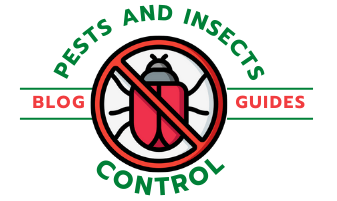Garages are loaded with numerous parts that attract rats. A dark and packed room to hide in makes a garage an ideal place for a rat outbreak in a neighborhood. Rats have ravaged the environment for centuries, but damage has rarely been seen until too late. Rats also can enter your entire home if they don’t want to. There is an added danger to food and water. It’s important to deal with rodent infestation immediately. We’ll show you a simple way of controlling raccoons that are lurking in garages for good.
This site provides information on rat and mouse control in your garage or home. Rat in the garage? By using the recommended products, mice, and rats can be controlled at home. Follow our DIY instructions and buy recommended products, and 100% pest control is guaranteed for residential garages. It’s incredibly difficult for people with rats and mice to find their homes, and equally painful if they find their place in garages. In the garage, this is an unsanitary and potentially dangerous situation and may even ruin your vehicle’s equipment and make it useless as a result.
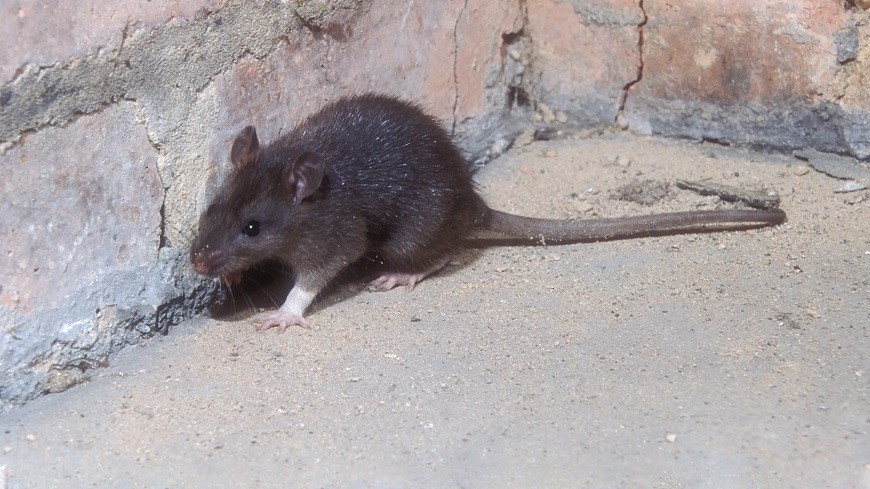
How do rats get into garages?
Rats are incredibly resourceful and persistent creatures, able to squeeze through small openings and climb up even the most difficult surfaces. They often enter garages through gaps in doors or window frames, torn weather stripping, damaged door seals, cracks in foundations or siding, vents, drains pipes and other small openings.
Rats can also climb from nearby trees or shrubs, dig burrows beneath the foundation of a structure, and even climb up drainpipes to enter rooftops. Taking steps to seal any potential entry points is the best way to prevent rats from getting into your garage. Additionally, keeping your garage tidy and free of clutter will make it less appealing as a nesting site for them.
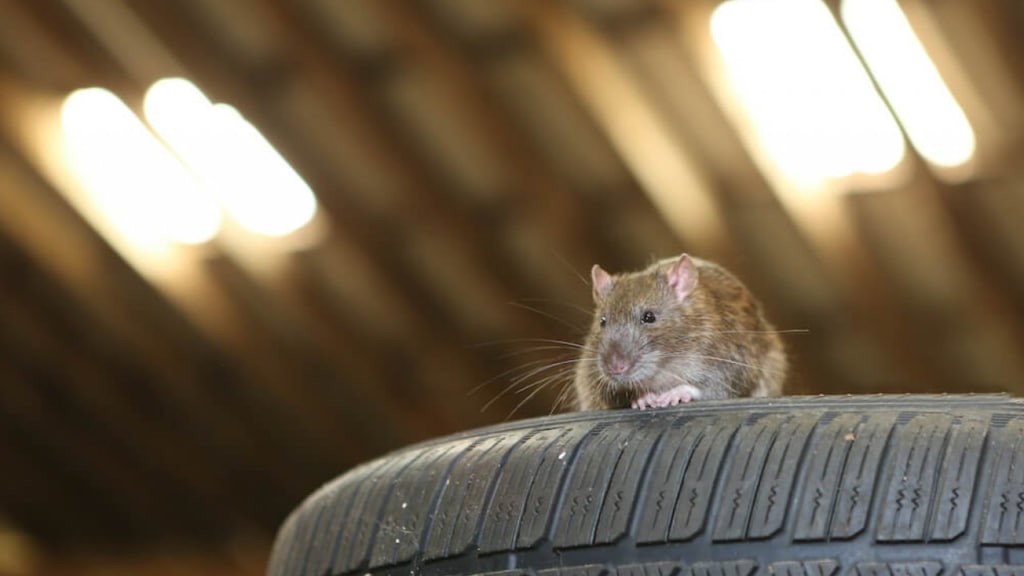
The Ecosystem Of Pest Control
This can create a domino effect of pests piling up in the home. To make matters worse, snakes may enter your building through small cracks and crevices that are left unpatched or unsealed. Snakes can also use trees and shrubs to climb walls and gain entry into upper stories of a home. The presence of rodents and snakes can be a nuisance and present health risks to those who live in the home in order to prevent the domino effect of pests, it is important to take measures that can reduce or eliminate their presence in the home.
These can include ensuring that all cracks and crevices are sealed properly, eliminating food sources for rodents, keeping trees and shrubs pruned away from the home, and most importantly, getting professional pest control services when needed. Professional pest control services can help identify and eliminate existing pests, as well as suggest preventative measures that can reduce the risk of further infestations. Taking these proactive steps can help you get rid of pesky pests before they become a bigger problem.
What attracts rats to garages?
Rats are attracted to a wide range of potential food sources in your garage. These include items such as pet food, bird seed, and garbage. Rats also prefer dark, undisturbed places that make them feel secure. Unfortunately, garages often provide these conditions regularly and can become an attractive home for rats. Unused boxes and old furniture can also provide the perfect hiding place for rodents.
To keep rats away from your garage, make sure to keep all food items sealed or stored in plastic containers and dispose of garbage regularly. Additionally, try to eliminate clutter and fill any holes or cracks that may allow access for pests. Finally, install a few traps around the perimeter of your garage to catch any rats that may have already made their way inside. With these steps, you can help make sure your garage is a rat-free zone.
What do rats eat in garages?
Rats are omnivorous, meaning they will eat both plant and animal matter. In garages, rats may consume grains, seeds, nuts, fruits, vegetables, insects, eggs and small animals such as mice or lizards. They can also gnaw on insulation or wiring from cars or other stored items in the garage. To prevent rats from accessing garages, it is important to seal off any potential entry points and keep food sources sealed or stored away.
Additionally, eliminating clutter in the garage can help reduce inviting hiding spots for rats. Traps and baits may also be used to remove existing rat populations in the garage.
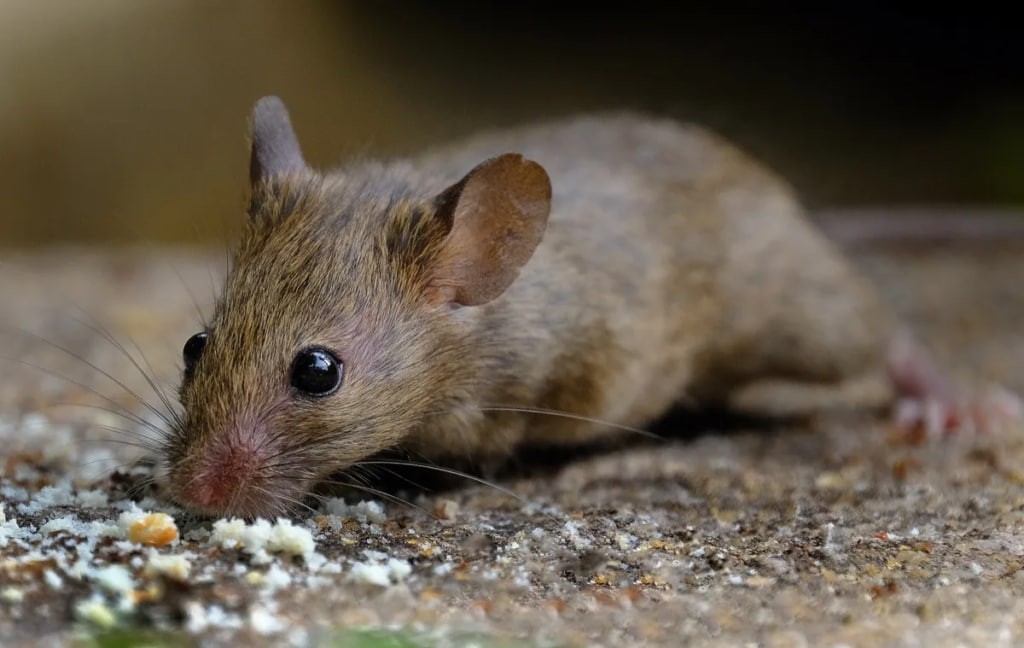
Do rats smell?
Are rat smells good for you? Pest management professionals often get asked these kinds of queries. I think rat’s nose smells very musky. Rat urine and feces produce a distinctive smell that can make the nest contain that similar aroma. Those who smell dead rats…they have an awful smell. A rodent sneezing from their urine may be one of the first signs of a rodent infestation. Homeowners can’t tell when the scent is coming but they know they can’t see it.
Rats have a keen sense of smell and use it to find food, detect danger and recognize other rats. Their noses are so sensitive that they can pick up the scent of an object from up to one foot away. Rats also have olfactory receptors that allow them to distinguish between different smells in their environment. They may be able to tell the difference between food, predators, and other rats.
The olfactory system of rats is so finely tuned that they can even identify specific chemicals in the air or on surfaces. This sense of smell helps them survive in their environment by enabling them to recognize potential threats, find food sources, and locate mates. Rats have a special organ called the vomeronasal organ, which helps them detect pheromones—chemicals that trigger specific behaviors in other rats. This further enhances their ability to recognize and respond to different smells in their environment. Rats also have a strong sense of taste and use it to find food they like as well as avoid foods they don’t like.
Signs of mice and rat in the garage
Include rat droppings, gnaw marks on food containers and other items, and hearing noises in the walls or attic. Rat infestations can be difficult to identify and even harder to get rid of because rats are adept at hiding from predators. If you notice rat droppings around your garage or hear any scurrying sounds coming from inside your walls, it’s best to contact a pest control specialist right away.
If the infestation is left unchecked, the rat droppings can accumulate in large numbers and create an unpleasant odor throughout your garage. A professional exterminator will be able to assess the severity of the problem and recommend a course of treatment that will effectively eradicate the rats from your property. By taking the proper precautions and keeping your garage clean and well-maintained, you can help prevent future rat infestations.
Rodent Barrier Hardware Cloth: Stop Rodents From Squeezing In Through Cracks
My favorite thing about sealants is the fact that rodents chew up the great stuff expanding foam and find their way to our garage. My garage rat protection has improved despite my efforts. How can you keep mice off of your house? How can you stop rats from visiting your home? Seal the gap using expanded foam. This provides energy-saving air sealing and prevents the pest escaping from its path by chewing through it.
In Your Garage Door if you’ve ever had to deal with a rat infestation, you know how difficult and frustrating it can be to get rid of them. Rats are small and sneaky creatures that can easily squeeze their way into tiny cracks and crevices in walls, floors, garage doors, etc. Even if the gaps seem too small for a rat to fit through, chances are they can still get in. That’s why it’s important to take preventative measures to keep rats from entering your garage and wreaking havoc on your garage door and vehicle. One of the best ways to do this is by installing rodent barrier hardware cloth around the edges of your garage door.
This cloth is made of a durable, rust-proof mesh that prevents rats from squeezing their way through the tiny gaps around garage doors and windows. It’s easy to install and provides an additional layer of protection against rodent intruders. With this simple solution, you can rest assured knowing your garage door is safe from rat infestations and other pests. Let’s face it, rats are cunning creatures that can find their way into the most unlikely places. But if your garage door is damaged or has gaps in it, rats can make their way inside your garage and cause a huge mess.
With rodent barrier hardware cloth, you can be sure that no rat will be able to get through. So keep your garage door safe from pesky rat intruders with this simple and effective solution.
Why do rats want to go into garages?
When rats want to enter your home garage, they will do so because they want to. Rat eyes are awful (20/1000). The birds also enjoy smells. Its nose contains about 500-1000, receptors. 5% in eukaryotic cells is used to analyze the smells in the environment and to detect odor. Finally, rats are also capable of detecting smells. The vomeronasesal organs receive these aroma molecules from moisture contained within mucus.
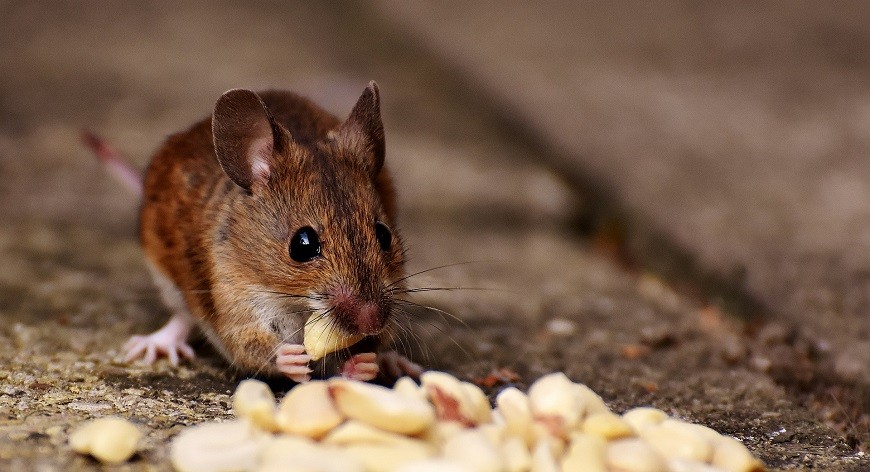
Why do rats want to go into garages?
Rats tend to live in cluttered and dark places, such as a garage. A rats natural instinct also drives them to store food for the winter months when they cannot find adequate sources outdoors. When rats get into garages they often create problems by chewing on wires, insulation, and stored items.
Additionally rats have the potential to spread disease which should be taken seriously if rats are discovered living in or around your home. While rats may seem cute and cuddly from a distance, it is important to take steps towards preventing rats from entering garages by closing off entry points through proper maintenance of doors and windows. Proper sanitation measures such as regular garbage removal can help reduce rat populations as well.
Tell me the best way to find a rat in your garage?
Rats tend to store food, so the best way to find rats in your garage is to look for signs of food storage. Common places rats will store food are behind walls, under insulation, or near their hiding spots. If you can locate where rats are storing their food, then you know where they might be living, and that can give you an idea of how big the rat problem is in your garage.
Another sign of a rat infestation would be droppings, as rats leave droppings around wherever they go and feed regularly. Even if you don’t physically see rats, droppings and other rat-related debris can be evidence that rats are present and need to be dealt with. Finally, if there are strange noises coming
How do I prevent rats from entering my garage?
The easiest way to stop a pest is to remove it. Rodents love their food, water, and habitat so they are not affected.
Will a rat leave on its own?
Nope. Rats require a constant source of nutrition. When rats don’t have any sources of nutrition, they will go on with their lives.
Are rats in garage common?
Garages house many things which attract rats to their homes. Dark with plenty of hiding spots a garage is ideal for a rats infestation. Rat infestation is common and often hidden until too late.
Tell me the best way to know if you have rats?
Rat droppings are most apparent. I found one of these presents after returning from the overnight wedding on the couch in my room. Rat drops. Dropping rats aren’t usually seen on your bed. They are generally found on walls, cabinets or around food sources. The rat will be able to stay where he can relax. It’s possible he will stop doing his business. Another method you can detect the presence of rats is the gnawing of wood shavings.
Tell me the best way to find a rat in your garage?
If you believe rat infestation can occur, visit your garage. Signs of rats can be easily detected. Rapid intervention can help keep the population at bay. It is crucial to inspect your home after you eliminate the pest. Rats are prone to choking on wires and burrowing under our foundations.
